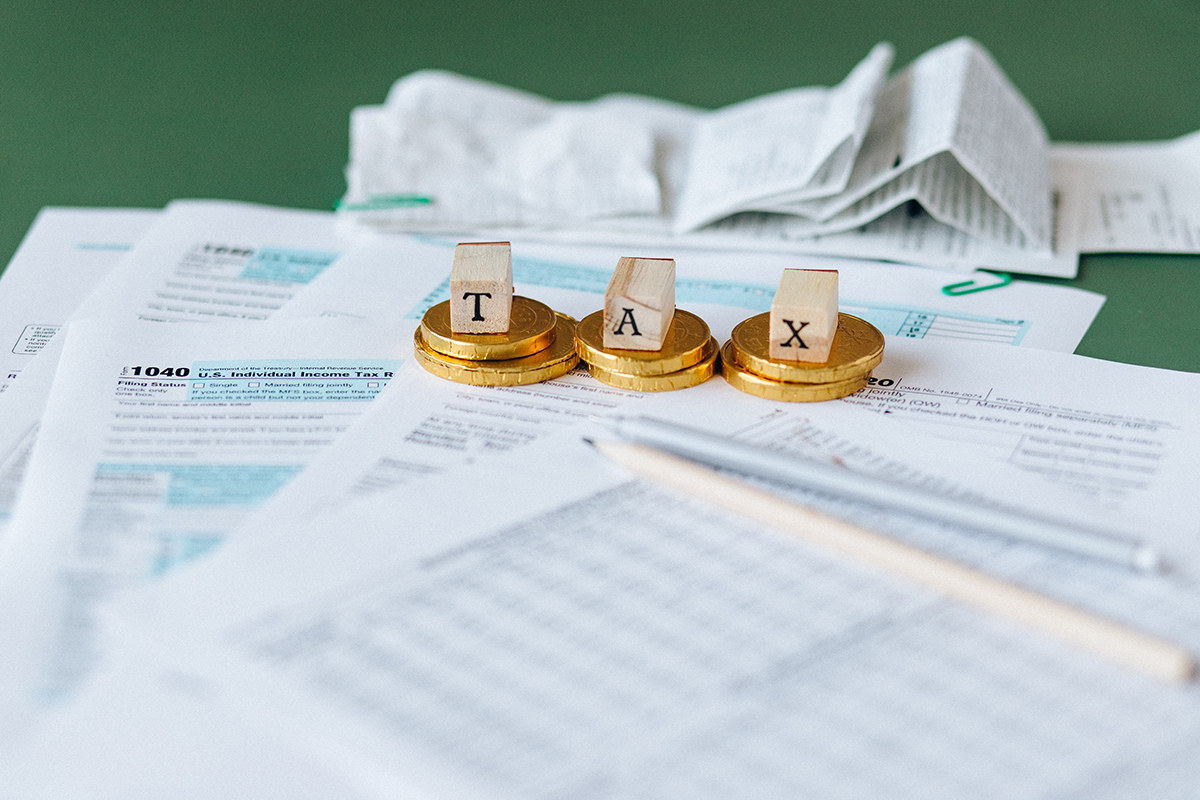Forthcoming changes to the taxation of pension savings could cost you dearly if you are amassing contributions through either a Defined Benefit or a Defined contribution scheme.
We all know people are working longer and retiring later but in contrast the lifetime allowance for pensions is decreasing. These factors contribute to concerns that more and more people will be growing their pension pots in excess of the allowance limit.
But what does this actually mean? Well, savers will pay tax on any excess savings above the Lifetime Allowance Limit (LTA). The rate of tax depends on how savers receive the excess. If it is in the form of a lump sum, then the rate of tax is an eye-watering 55 percent. If it is in the form of a regular pension, the excess is taxed at 25 percent.
We have seen the cap on pensions savings decrease year after year. The cap in the 2011/12 tax year was £1.8m, falling to £1.5m for the tax year beginning April 2012. And from April of this year the Lifetime Allowance is changing again. The maximum pensions saving that anyone is allowed to build, before it becomes subject to taxation will be 1.25 million. This cut off applies to an individual’s entire pension savings, even if spread across various schemes.
Despite the majority believing that it wont affect them. As 1.25 Million seems a rather high number- The continuous reduction in the limit means now that thousands of people will fall into the net. According to HM Revenue & Customs the 2014 reduction to £1.25m will mean 360,000 pension savers are impacted.
To put this into perspective: At current annuity rates a healthy person aged 60, wanting an index-linked annuity for life and taking no lump sump, would receive a starting pension of £42,000 if he had a pot of £1.25m.
So what effect could the taxation have? An individual with a pension pot of £1.5m could face a charge of up to £137,500 if they do not protect themselves from the looming cuts to the lifetime allowance.
Whenever you take benefits from a pension, you use up a percentage of the lifetime allowance. This process can be referred to as a Benefit Crystallisation Event (BCE). Each time your pension is measured against the lifetime allowance you will receive a certificate showing the percentage of the standard lifetime allowance used. Unless you hold lifetime allowance protection, using up more than 100% of the standard lifetime allowance will result in a tax charge.
There are two ways you can avoid paying the lifetime allowance charge. The most common is to apply for “fixed protection”, which effectively caps your lifetime allowance at £1.5m. But you need to move fast. You don’t have much time left.
The scheme, termed by HMRC as Fixed Protection 2014, allows savers with pensions likely to breach the £1.25m cap to apply now – before the deadline of April 6, 2014 – for an extension to the limit. Applying for the protection will benefit those near to retirement and those wanting to maximize the value of their pot – as well as savers who expect the value of their pension to grow without making any new contributions.
Shockingly Retirees could see potentially over half, of their retirement savings taken away if they are in breach of the LTA. This could have a crippling effect on retirement plans.
If you’ve worked hard all your life and saved up a comfortable nest egg a potential 55% LTA tax could be devastating.
Let’s start the conversation
Online enquiry form
Related posts
 Published On: September 25, 2025|2.3 min read|
Published On: September 25, 2025|2.3 min read|Longevity and Wealth – Planning to Fund 100 Years of Life
Thanks to advances in medicine, better living standards, and lifestyle awareness, many of today’s expats could easily live well into their 90s—or even past 100. While that’s good news for health and family, it presents a major financial challenge: How do you ensure your wealth lasts as long as you do?
Read more
 Published On: September 3, 2025|2.2 min read|
Published On: September 3, 2025|2.2 min read|UK Budget 2025 Predictions – What Expats Should Be Watching
The Budget will take place on Wednesday 26 November, the chancellor has announced. With the UK shifting from a domicile-based to a residence-based tax system, the 2025 Budget is likely to bring further adjustments that expats need to watch closely.
Read more
 Published On: May 20, 2025|3.4 min read|
Published On: May 20, 2025|3.4 min read|Accessing Your Pension at 55? That’s About to Change
The UK government is set to raise the Normal Minimum Pension Age (NMPA) from 55 to 57, effective 6 April 2028. This change will impact when individuals can begin drawing from their private pensions, including personal and workplace defined contribution schemes.
Read more















